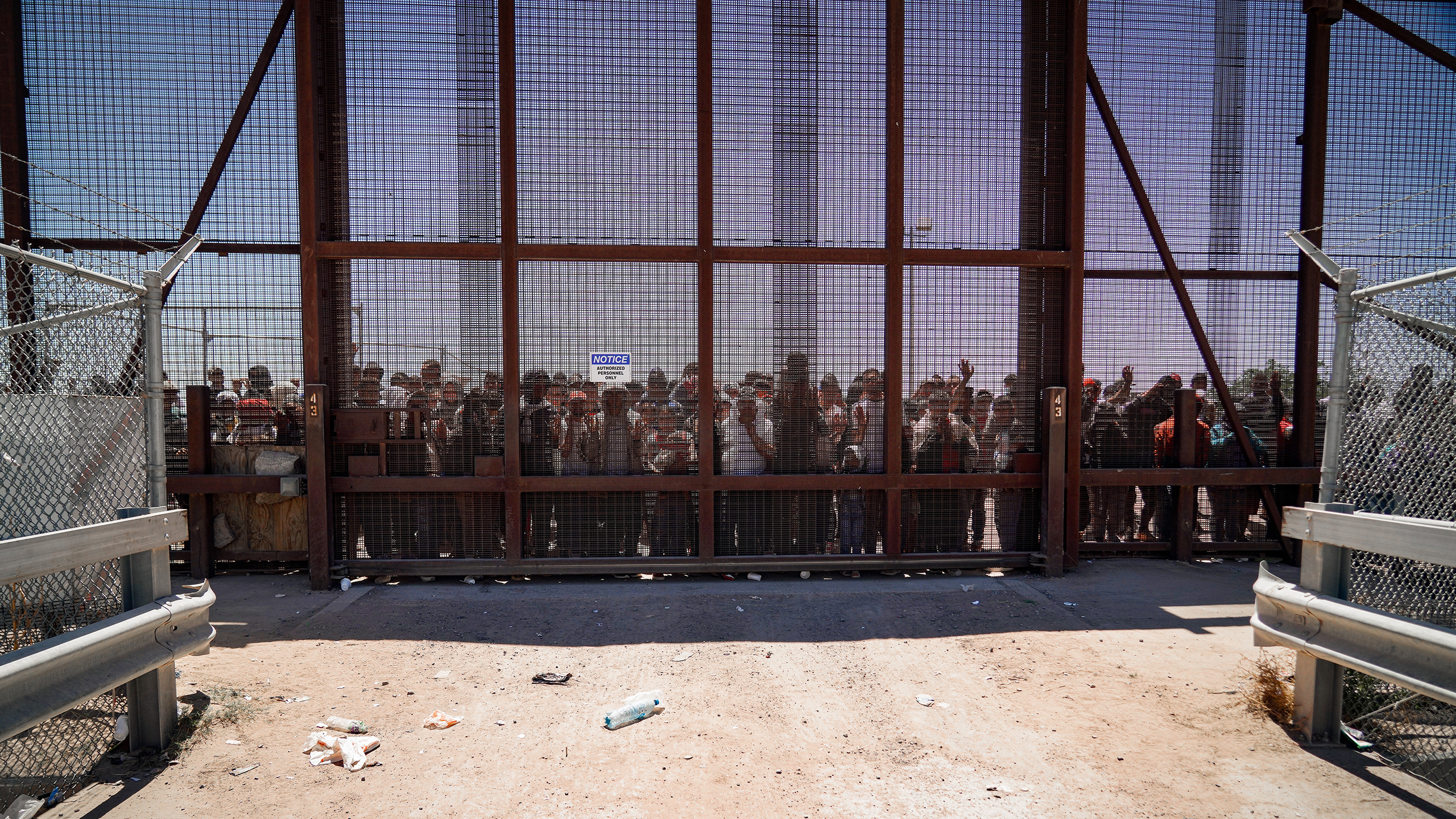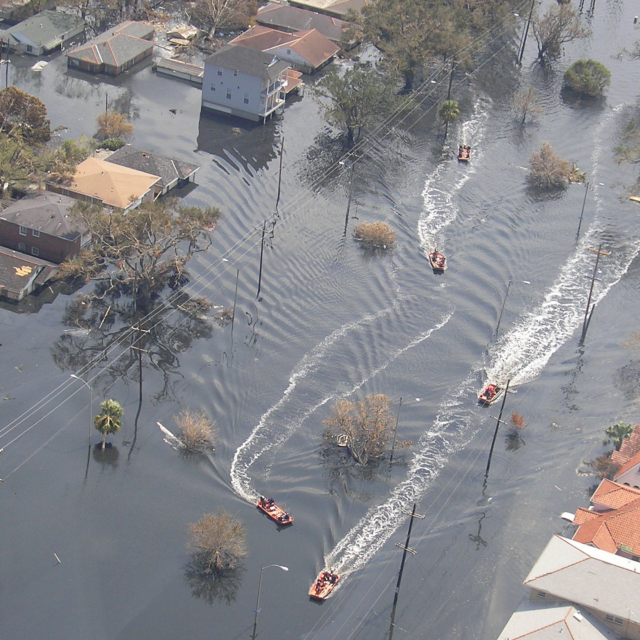Listen and subscribe to us on your favorite podcast platform:
“For all our technology, for as advanced as we are as a civilization, we’re moving to a very delicate and dangerous time where there are a lot of people who are desperate.We’re going to see more people coming to the United States… On paper this is an easy fix: You change the way our visa system works…”
David Shirk, PhD, director of the M.A. program in Political Science and International Relations at the University of San Diego
For more than a decade, the topic of immigration has remained at the center of national debate in the U.S. and has become an unfortunate source of rancor between the two major political parties. As a result, efforts to reform an aging and ineffective immigration system have been largely unsuccessful. Meanwhile, pressures on the U.S.-Mexican border continue to grow.
A convergence of factors, including climate change and a rise in organized crime and authoritarian leadership, is forcing desperate families from Central and South America and other parts of the globe to seek refuge in the U.S. Many experts point to these externalities and the expiration of Trump-era asylum restrictions as the combined cause for the Border Patrol’s record-breaking numbers of migrant encounters in the second half of 2023.
In response to this surge and a growing backlog of asylum and immigration cases, Congress attempted to pass historic bipartisan reform under the Emergency National Security Supplemental Appropriations Act in February 2024. The bill would have increased support for border security efforts and the immigration court system. Like many previous attempts at reform, it succumbed to politics.
Why has the U.S. dragged its feet on improving immigration processes and monitoring for more than 20 years? What does this mean for frontline communities in the Ten Across region as global trade becomes more regionalized, and climate and political tensions intensify?
Listen in as Ten Across founder Duke Reiter and U.S.-Mexico border relations expert David Shirk explore these questions, as well as the history of this fraught political boundary, from its establishment to its significance to modern American isolationism.
Relevant links and resources:
“Takeaways from the Texas Tribune-Associated Press report on 24 hours along the Texas-Mexico border” (The Texas Tribune, 2024)
“How the 10X Region Can Plan for Climate Migration with Abrahm Lustgarten” (Ten Across Conversations, 2024)
“10X Trendline: Unprecedented Migration Patterns Are Testing U.S. Diplomacy in the Ten Across Region” (Ten Across Blog, 2024)
“Alternative Visions of the Southern U.S. Border Yesterday, Tomorrow, and Today” (Ten Across Conversations, 2023)
Guest Speaker

David Shirk is a Professor and Director of the M.A. program in Political Science and International Relations at the University of San Diego. He is the author or editor of seven books on Mexican democracy, including Shared Responsibility: U.S.-Mexico Policy Options for Confronting Organized Crime and a Global Fellow at the Woodrow Wilson International Center for Scholars Mexico Institute. David is also principal investigator for the Justice in Mexico Project, which addresses rule of law and security issues in Mexico and provides expert witnesses for U.S. asylum cases.






